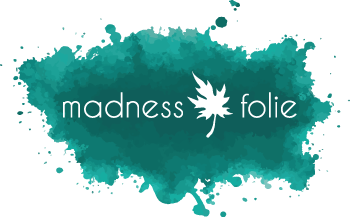Using This Site
Welcome to Mad School, a set of web-based educational resources that allow instructors to insert critical perspectives on mental health into online or in-class learning. These flexible teaching tools can be used in subject-based disciplines and professional programs and are appropriate for college, undergraduate, graduate and upper-level secondary courses. Educators and learners will benefit from using Mad School’s Anti-Oppression Statement alongside these resources.
Mad School is based on an extensive set of over 80 mental health “components” – experiential learning objects that embody the voices and narratives of people with lived experience of mental health differences. Pieces of a puzzle that connect to create a deeper and more profound picture of key questions in mental health, Mad School’s components speak to past injustices, current realities and future dreams.
The site is organized into five issue-orientated modules: Stigma, Making Change, Medicine and Power, Alternatives, and Policy. Visit these modules to review their 4 or 5 teaching units, each of which provides students with a different perspective on the module issue.
Mad School modules and units come with the following instructor supports:
- Takeaways: learning objectives for each module and unit
- Components: primary sources or key documents specific to each unit
- Module Assessment: a module-level learning exercise to gauge student comprehension
- Evaluating the Components: a unit-level set of learning exercises to foster critical thinking
- Learning Lens: important insights into issues raised by module or unit material
- Components in Context: background information provided for units that reference broad social, cultural and political changes
Mad School has a faceted Search Engine that enables site visitors to find resources that match a specific topic or issue, field of study, level of study, type of resource, teaching method, and time limit. Instructors can tailor their search to find, for example, Mad School material on the doctor patient relationship that will fit into a 50-minute nursing class and include a short video, and a discussion or a written reflection.
Visit the right-hand menu for information about progressive mental health education, queries from educators, ideas of how to use our parent Madness Canada website in your teaching, student testimonials, and a full list Mad School Components.
The site is AODA compliant, and 14 of the 22 teaching units are currently offered in French.
As part of Creative Commons we invite users to share and adapt our materials while respecting Mad School values and principles. We ask users to give us credit, to refrain from making profit on our material, and to distribute Mad School resources under our original Creative Commons license.
We would love to hear how Mad School works for you! Send educator and learner reviews to: info@madnesscanada.com



 Français
Français